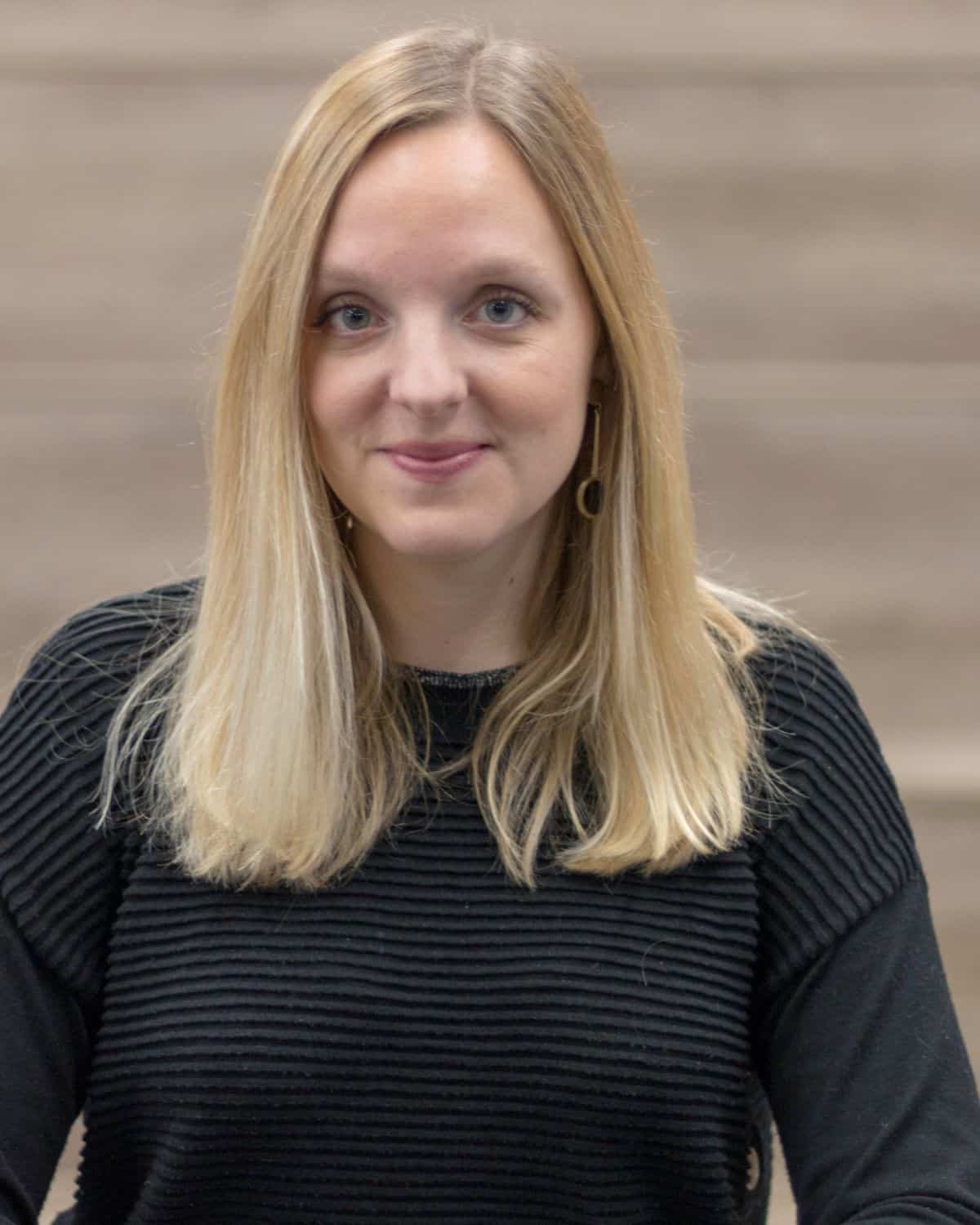Leadership Lessons with Ruth Lee, Senior Director at Citypress
The rise of creatives in comms, adapting leadership styles to economic uncertainties, and being an Employee-Owned company can have a huge impact on culture.
We recently spoke with Ruth Lee, Senior Director of creative specialisms at Citypress about changes and trends in the industry, building a motivated workforce, and what qualities leaders need today.
Take a look.

What are the essential qualities you believe leaders need to have to navigate challenges and drive success in their agencies today?
Restlessness. Good agency leaders need to constantly be asking “what’s next?” and striving to improve. If we settle for mediocrity within our client relationships, team dynamics, or our work, things can quickly become stagnant. When leaders are that driving force for innovation and creativity, it ensures you deliver for clients and create excitement and a sense of momentum for colleagues.
I also think it’s important to be straight-talking but approachable. To get the best out of people, they need to feel safe to show you their vulnerabilities and surface their unpolished thoughts. But they also need to be given clear, direct feedback. There’s nothing worse than not knowing where you stand. And that applies with clients as well, who want strategic guidance and a consultant who is honest and creates a safe space to ask any and all questions they need to.
What changes are you seeing across the PR industry, and how do you as a team adapt?
One of the biggest changes I’ve seen is clients wanting a streamlined agency set, so hiring the full spectrum of services and skillsets within one agency has become more important. There’s also been a premium lately on creative in comms, and clients are favouring agencies which can offer that, whilst staying true to brief and meeting business needs.
How has your leadership approach adapted to economic uncertainties and recent global events?
We lean in and listen even more. We’re set up well for that because of our employee ownership model, which means our people are genuine stewards of our business and meaningfully shape our plans as an agency.
During the cost of living crisis, for example, we committed to being a living wage employer which in real terms meant increasing wages for junior talent. We also have something called Citypress Life Plus, where employees are provided a £1,000 payment which they can use flexibly depending on their personal priorities. Some colleagues put it towards childcare fees, and some put it towards learning a new language.
Economic uncertainties impact different people in different ways, and we want to recognise that.
What impact does being an Employee-Owned company have on the business and culture?
Being an EOC dictates practically everything in our culture. When your employees become your shareholders, it creates a real sense of collective responsibility and reward that drives everyone to do the best work they can. We have a very collaborative culture as a result of that.
We kick-off every year with an Employee Ownership Day where we gather colleague input on our strategic aims as a business, and create plans off the back of that. That leads to all sorts of initiatives, which has the interests of our people front and centre.
As an example, our team said they wanted to do more towards improving the socio-economic diversity of our agency and industry, so we partnered with UA92 to support people from underrepresented backgrounds to enter the industry. We’ve expanded this approach by developing a really amazing new partnership with the Social Mobility Foundation, who will help audit our social inclusion efforts and help us create an even more inclusive pathway into our agency.
Being an EOC has a direct impact on who we are, the decisions we make, the work we do, and how we operate.
What skills do you anticipate PR businesses will prioritise in the coming years? And how will these be influenced by trends and tech like AI?
The core skills will always be the same. Businesses need creative thinkers, those who can remain calm under pressure, strategic minds who can articulate ideas and stories brilliantly. AI should simply make us more efficient. It might reduce our lower value work over time, but that leaves us to focus on our higher value work. In recruitment terms, this might mean we look for talent with even deeper sector and specialist knowledge.
Any predictions for the year ahead in the comms industry?
PR agencies are finally winning in creative categories at Cannes and this could result in a shift towards the value that clients are placing on creative in comms. I expect to see more demand and momentum here, and that’s exactly why we’ve made a commitment to invest £1million in creative over the next three years.
We’ll also likely see a continuation of the shift towards authenticity, despite the rise in AI, and hyperlocal or interest-based communities, and I think that will proliferate across all types of channels and touchpoints. This means targeted ways of reaching niche audiences will become more important. We recently launched a Regional Advocacy and Intelligence Unit that will help businesses and organisations serve different communities better across the UK.
We’re also seeing the rise of business influencers and EGC – employee-generated content – which I think will continue to be a big trend as we move forward.
There’s lots of exciting things on the horizon and this is a brilliant time to be working in comms.
For more information on our talent services, or to find your next quality candidate, speak to a member of our team today.



























 Career Enquiry
Career Enquiry
